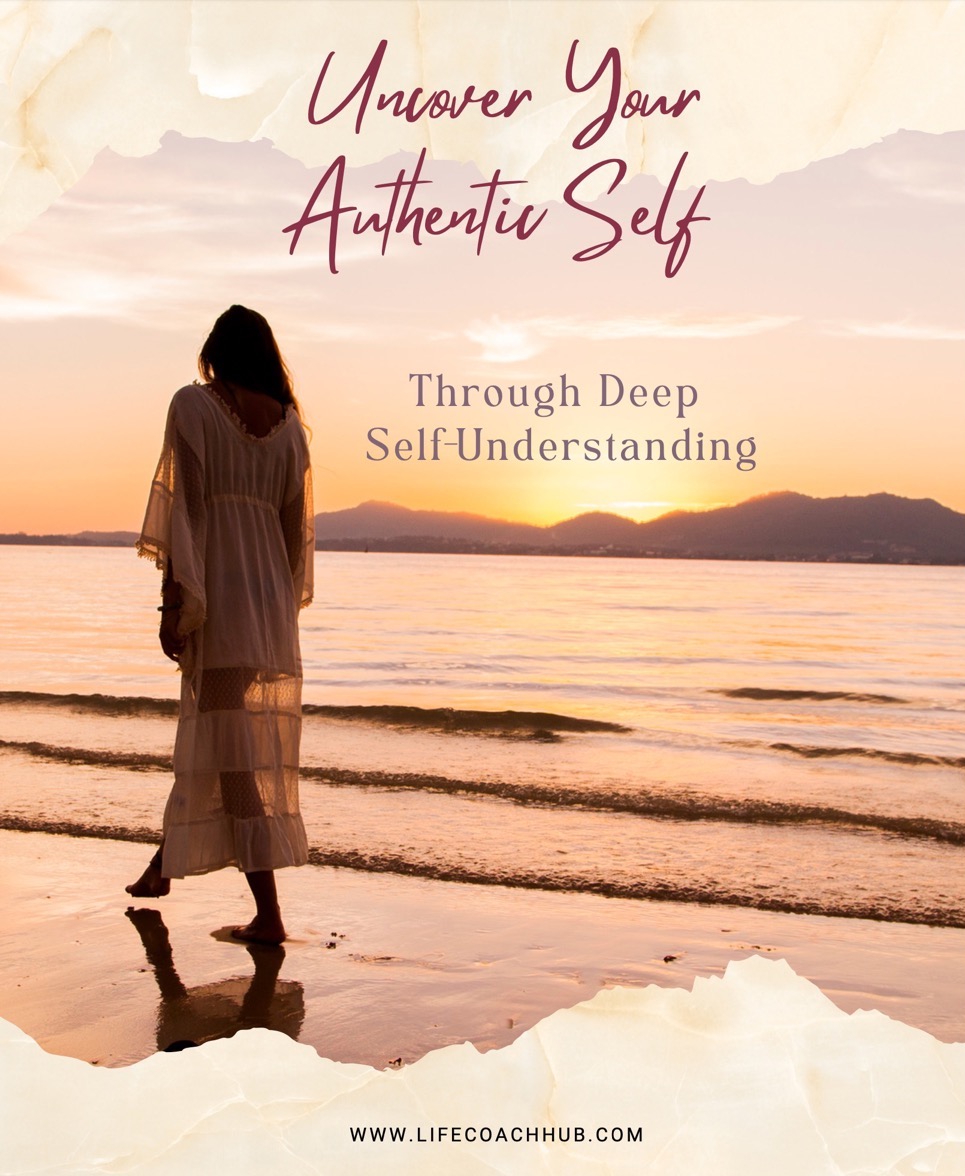
What is intimacy?
When you hear the word “intimacy” perhaps the first thing that comes to mind is having a close relationship with someone. Often, such emotional connection entails being present with another person in an undefended state.
It’s like abandoning or disconnecting from ourselves in order to connect with other people.
However, the way to stay in the most deep and pervasive way possible with another person is to first learn how to stay in that connection with yourself and then invite other people into that.
The 3 levels of conversation important to self intimacy
Before we deep dive into self-intimacy, let’s have a quick view of the three levels of conversation and its relationship to cultivating self-understanding.
- Informational. It happens when we are presented with facts which in most cases, require us to think objectively.
- Personal. It relates to how you feel and think about the facts.
- Relational/Experiential. This is where we foster true intimacy with another person. We become curious and share our personal experiences as we hope not to be judged by others.
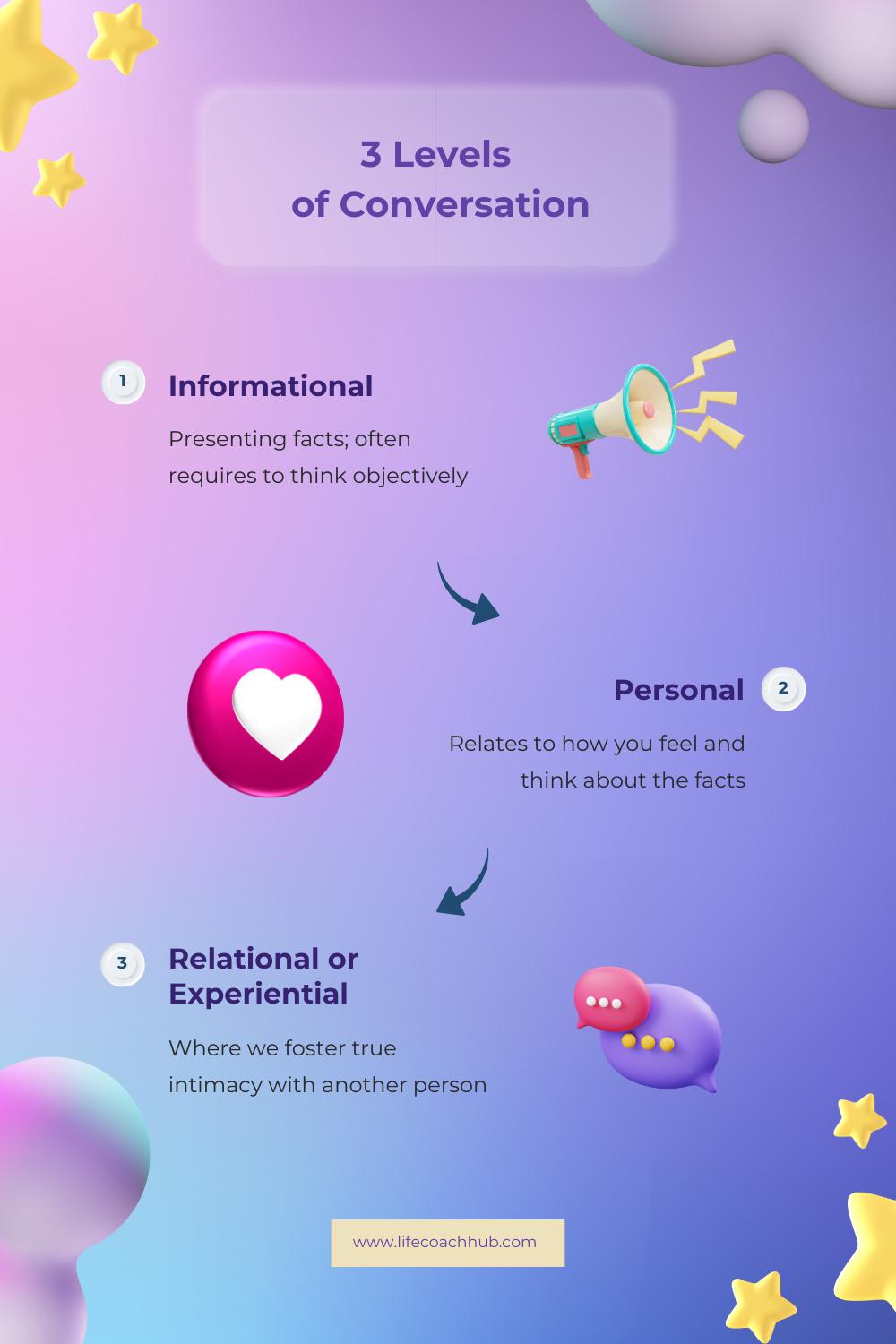
What are your ego stories?
Imagine being in a conference room full of people talking loudly. Suddenly, a sophisticated lady in black walks in and in an instant, silence crept in the room as she takes a seat in front. Everyone was staring at her. If you were that lady, what would you feel or think at that moment?
Perhaps that lady thought to herself how great her aura is or how pleasant she looked to others.
We, too, can sometimes have these sorts of ego stories. These are ways in which we think about ourselves that could be things like:
- I am superior to others.
- I am a good friend.
- I am an intelligent and curious person.
- I like this hobby, these types of people, and these events.
These are consistent narratives of who we are and they keep us from being lost in a drift. Everyone has these stories.
The only way to get to know yourself is to be present with yourself on a moment-to-moment basis. You need to develop a consistent awareness of what it is like to be you in every moment.
So it’s vital to pause and reflect, especially if you feel something new or different from your usual thought patterns. Ask yourself:
- “If I'm feeling something in a moment that I don’t understand, can I stay present with that?”
- “Can I stay present with the feeling even if it is threatening to my story or on an interpersonal level?”
Understanding and getting to know ourselves is like a science experiment; sort of a trial and error phase.
Avoiding unpleasant emotions
How do we tend to avoid unpleasant emotions we don’t want to feel?
We all have bad days. For some, it’s easier to move forward with renewed vigor when they go out with friends, have some drinks, or eat good food. When you go home, the thing that stressed you before may still be there but somehow, you can now handle your feelings better.
This may look alright on the surface since you are back to your positive and practical self, but those unpleasant emotions can keep bottling up inside you.
Where are you hiding your authentic self? how to flush out your hiding spaces
The process of finding your own hiding places, the places where over the course of your life you have hidden your authentic experience from yourself still sits somewhere inside yourself.
You need to uncover to yourself your own hiding spots. Understanding where you usually go when you have an experience or emotion that you don’t want to show the rest of the world or even admit to yourself can help you view your situation in a different light.
We need to get really comfortable noticing the moments when we feel really desperate to change our state and what we are inclined to do in order to change our state.
For instance, let’s say you are having a moment of overwhelm & strong anxiety.
This may sound difficult but try to pause and reflect first. Ask yourself, “what is your tendency to get rid of that negative feeling?” Does it lead you to dissociate, drink, have compulsive behavior, or overeat?
The more we stay in the habit of being present with ourselves we will notice there are certain patterns we want to run from or disguise or avoid.
Maybe it’s – anger – grief – abandonment – rejection - embarrassment – humiliation.
Where do you turn to, substance or manipulation?
Now, this is not a game of hide and seek. You don’t find the thing and point at it saying I got you! You’re bad!
Instead, it is like a game of sardines. When someone finds you, they hide with you, when the next person comes they hide with you until everyone has found the person who was supposed to hide.
This game is a metaphor for getting comfortable with your hiding place, instead of grabbing you out of your hiding place and placing you back in fear of what you were hiding from, you hide with it, get to know the safe place you turn to, what is your hiding place like, why does it make you feel safe, why do you go here?
Finding the place where you usually hide, and instead of telling yourself you're wrong or judging it, sit with it.
Ask it some questions:
- What would you be feeling right now if you didn’t come here for relief?
- What would you be doing right now?
- What would you be feeling?
- What happens if you continue to engage with the situation instead of hiding?
- Can I hear a little more about that?
- Is there anything else? (Ask yourself this three times)
Do this every time it happens. Use this PDF on How to Engage into Deep Self-Understanding to Uncover Your Authentic Self
The longer time you spend sitting with a pervasive problem and getting to know it in a nonjudgmental way, the more solutions begin to naturally blossom out of that.
When we strongly hold our behaviors and force ourselves to stop feeling or doing something, we create a rebound effect, it works for a little and comes back stronger later. The bottomline, what we resist persists.
What if you're bad at taking advice? Again, pause and reflect first. Then, ask yourself this question, “Are you exposing the full range of your problem, are you only telling the tip of the iceberg?”
Once you identify whether you’re just giving a surface level intro or you are being vulnerable and honest with the person helping and with yourself, then you can now explain your real challenge and why you are struggling.
Only then can your partner sit and listen, or ask odd open up follow questions to gather information on your problem to help you flesh it out and look for solutions.
Now, check in with yourself and see if you want advice on this problem.
Try to be honest and open about all the components of your problem. Who knows? Your partner may have good advice to offer.
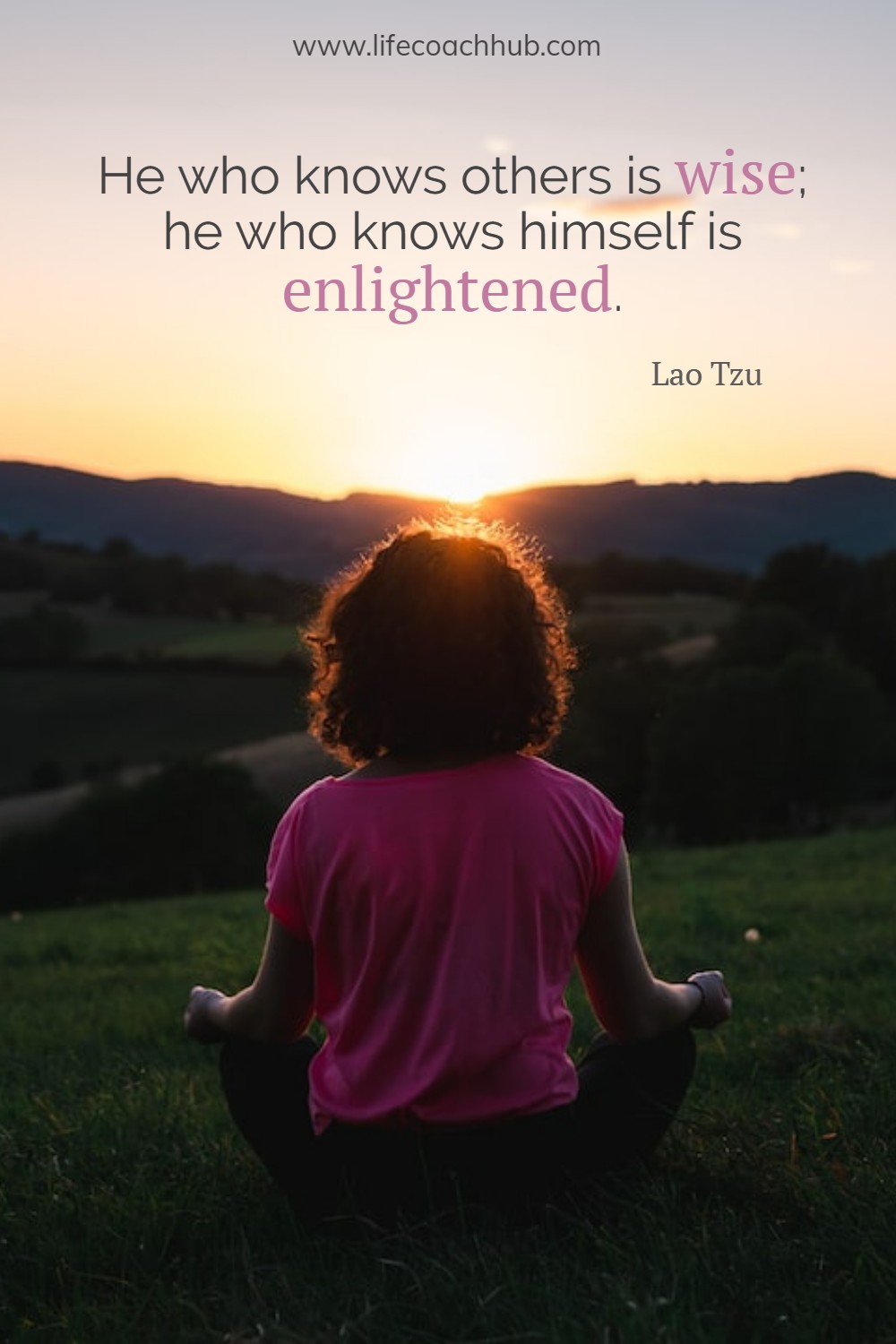
Creating patterns of suffering
There are four main patterns of behavior when we experience something that is unaligned with the story we like to tell ourselves, what we call the patterns of suffering.
Let’s have a look at these behavior patterns below.
- Getting mad at ourselves
- Telling ourselves mean things
- Turning to avoidant behaviors
- Getting mad that we turn to our coping behaviors
Take my case as an example. I often tell myself I'm motivated and productive, but then one week later, I'm really down, have low energy, and don't get anything done. I turn to forcing myself to be productive, I turn to avoidance or hiding, I use distraction mechanisms because I'm dysregulated.
Denying the root of the problem - what threw me off this week or what caused me to feel unmotivated or depressed. If I don’t know this, then it's highly likely for it to crop up again until I find a way to get curious about the problem.
How to develop self-intimacy
Relational or experiential curiosity is the key to fostering intimacy with yourself and others.
My body knows something in this moment that I need to know even if I don't like it, trusting that there is wisdom to your body and emotions that they pick up on that if integrated, I will function in a more capable way.
To cultivate self-intimacy, you need to get in touch with your authentic yes’s and no’s.
Yes, are full body turn on’s; it gives you a sense of energy, being undefeated, and curious.
No’s are places to put boundaries; it manifests as anger, grief, disgust, or shame.
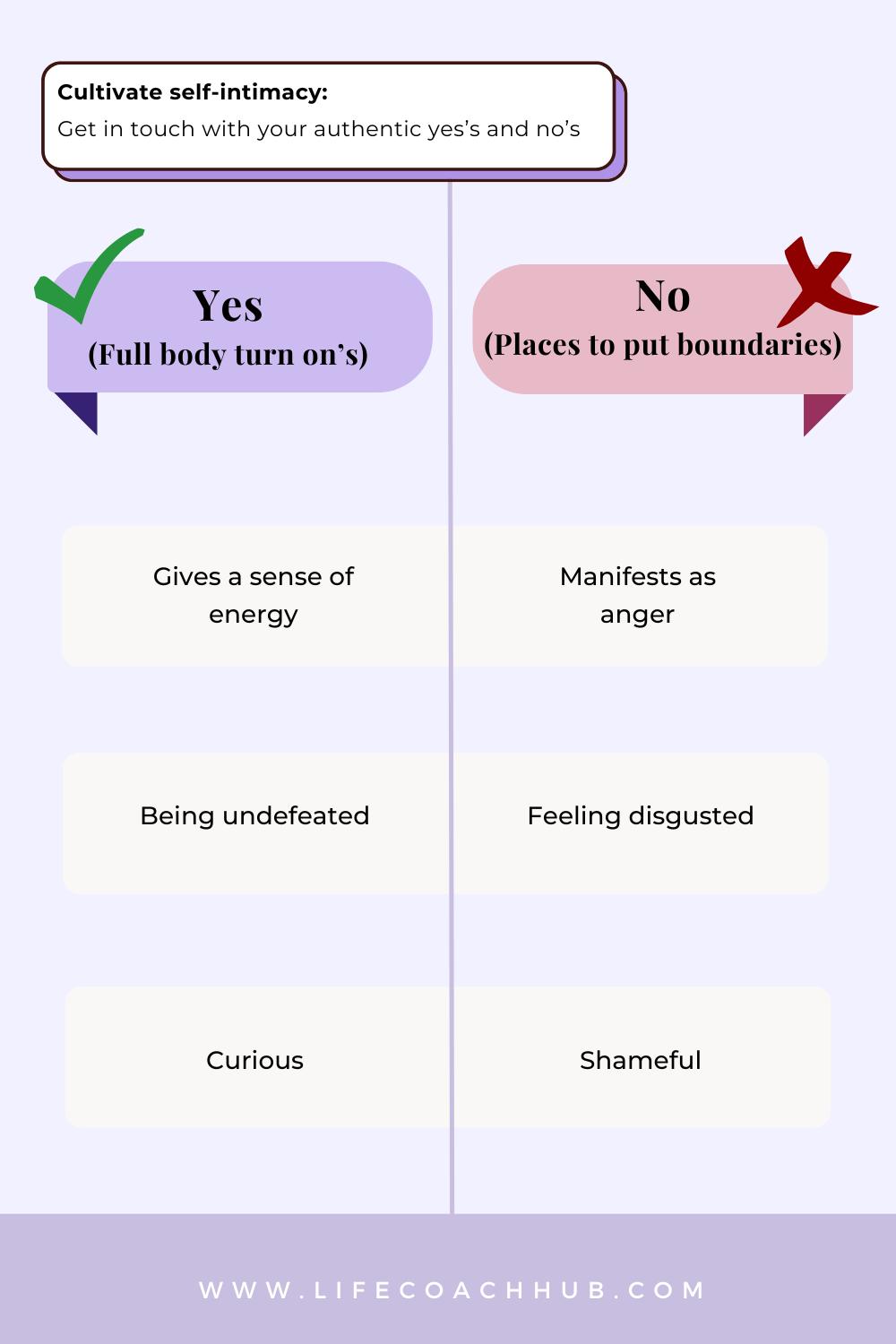
As for your healthy limits, know where they exist.
Knowing your boundaries is crucial to trusting yourself to experience happiness, excitement and joy, otherwise we get scared and don’t allow ourselves to have the other experiential spectrum.
The process of self-intimacy is a never-ending process, just like with someone else.
It doesn’t stop because as long as you are out there having new days and new experiences, then you will be feeling new things all of the time.
And those new things are always going to be struggling to find a place within the ecosystem of who you are, and that ecosystem is always going to be shifting and changing and growing so the process of getting to know yourself never ends.
Getting to foster a deep non-judgmental undefended intimacy with yourself needs to be your utmost priority to engage in self-understanding.
But the cool thing is once you learn how to go to the places you always hide yourself from and avoid, you also tend to look for it and survive it, and keep breathing through it.
When we live our lives chronically trying to avoid the things we fear it cuts off an unmeasurable range of experiences that we may otherwise have.
There is an absolute superpower in being able to process pain, embarrassment, rejection, shame, fear, loneliness, or disappointment.
We can take so many more emotional risks, practical, or physical, because we know we have the self-trust we need to work through whatever happens. As a result, we don’t need to chronically control our environment or avoid emotions because we can stay on our own team.
The more comfortable we can feel our spectrum of emotions we can do the same for others. It also allows us to have deeper and more connected relationships.
This is a deeply fulfilling and rewarding process. So, the fact that it continues forever is not a negative thing. The only thing that will guarantee a negative life is to have very strong things inside of yourself that you are terrified of looking at or recognizing and having to avoid all people, or scenarios that force you to look at those things.
Avoidance cuts you off from your life force. Only when you’ve fully navigated through the unpleasant and pleasant emotional tides can you fully know your interests, desires, passions, and joys.
Download your Self Intimacy Guide PDF
Grab your own copy of this self intimacy guide here!
Kaley Coyman
Life Coach
Habit and Exchange Expert & Spiritual Co.
Oviedo, Florida
Imagine a life free from the suffocating grip of chronic anxiety
- HCI Certified Life Coach - CCE, ICF
- HCI Certified Health Coach - CCE, ICF
- B.S. Psychology




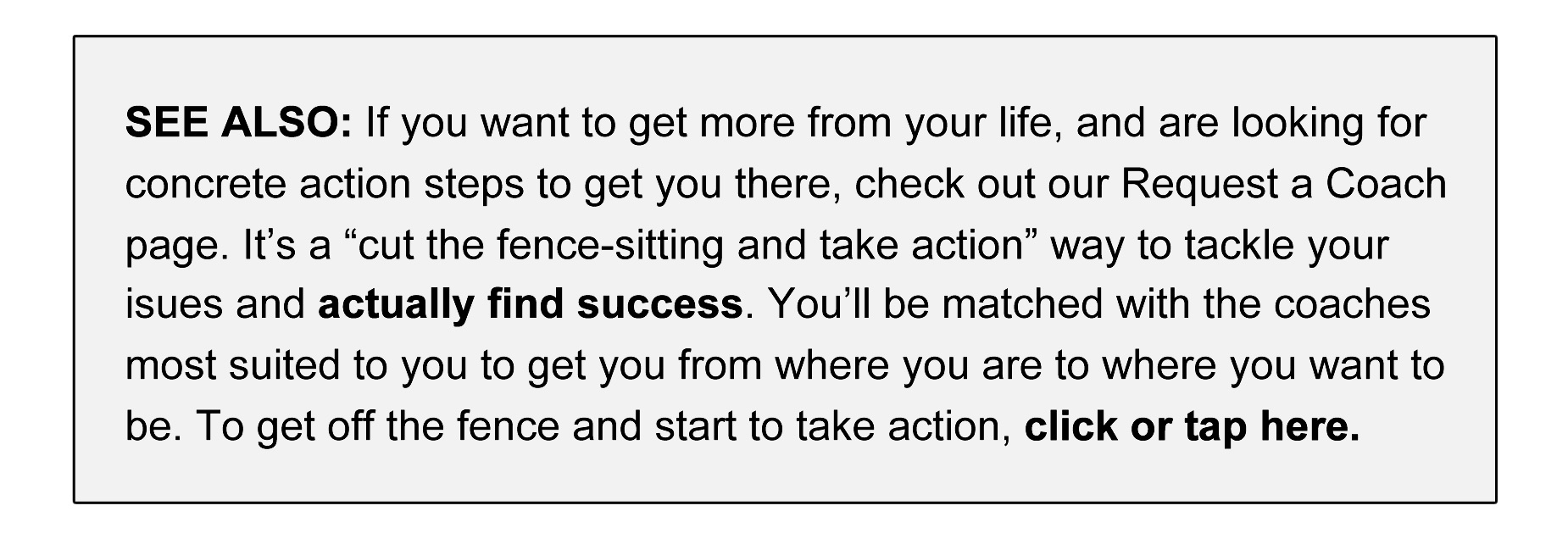
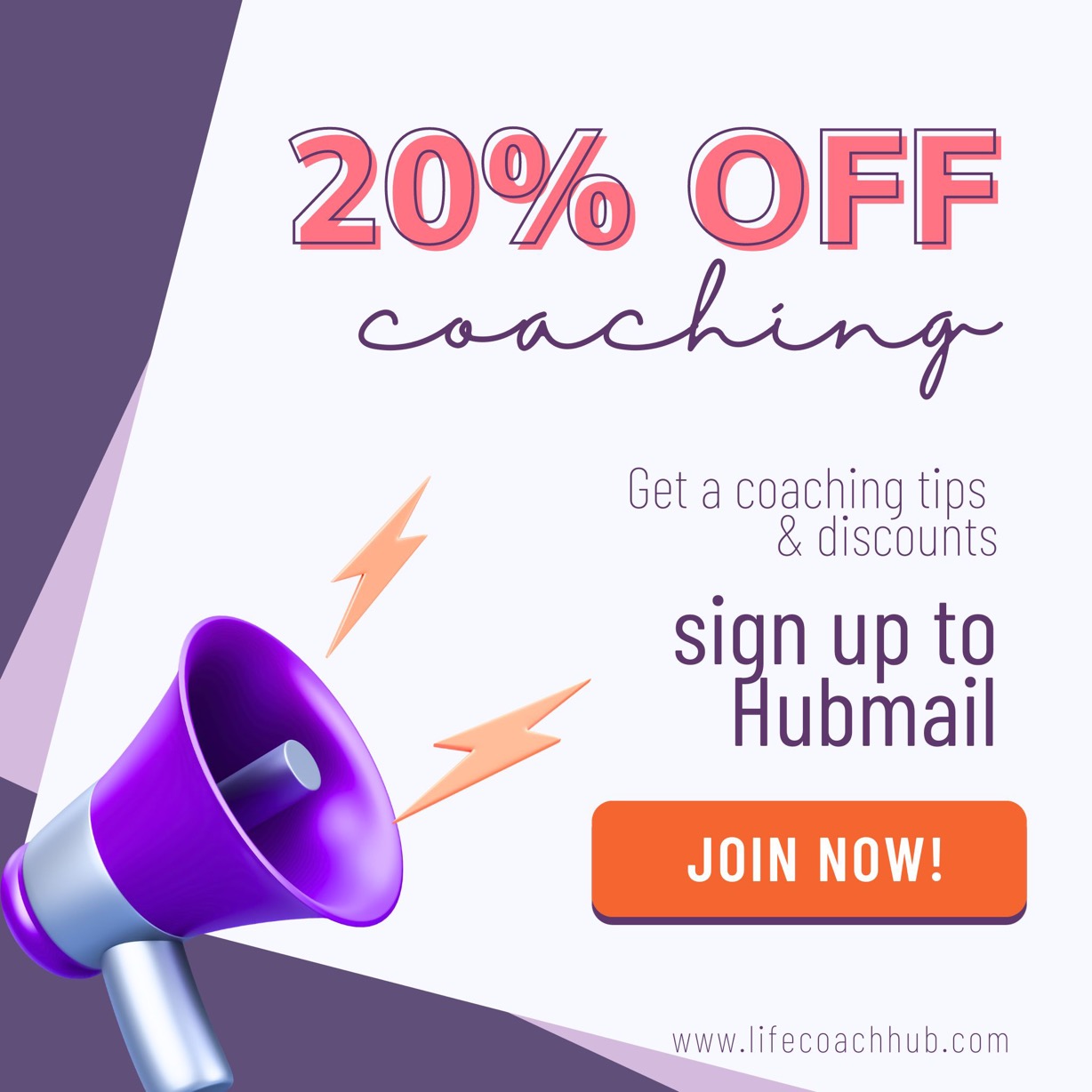









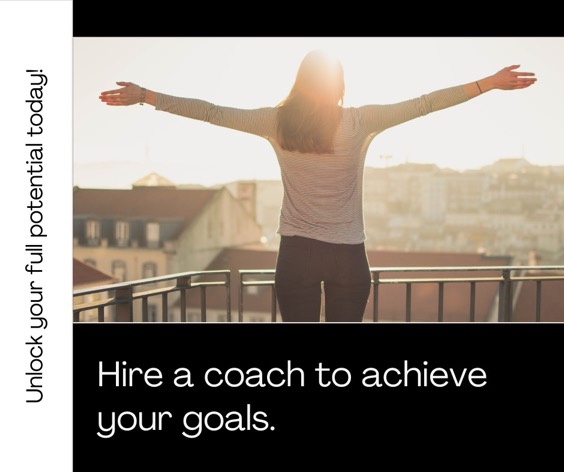










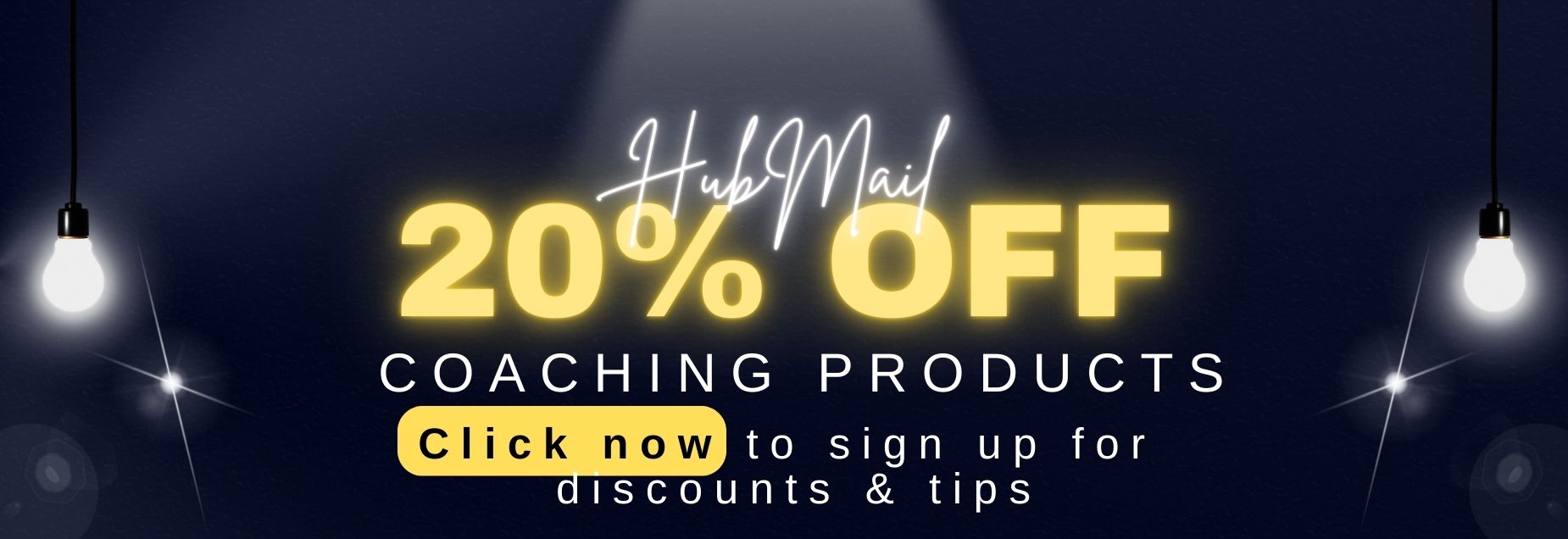
COMMENTS